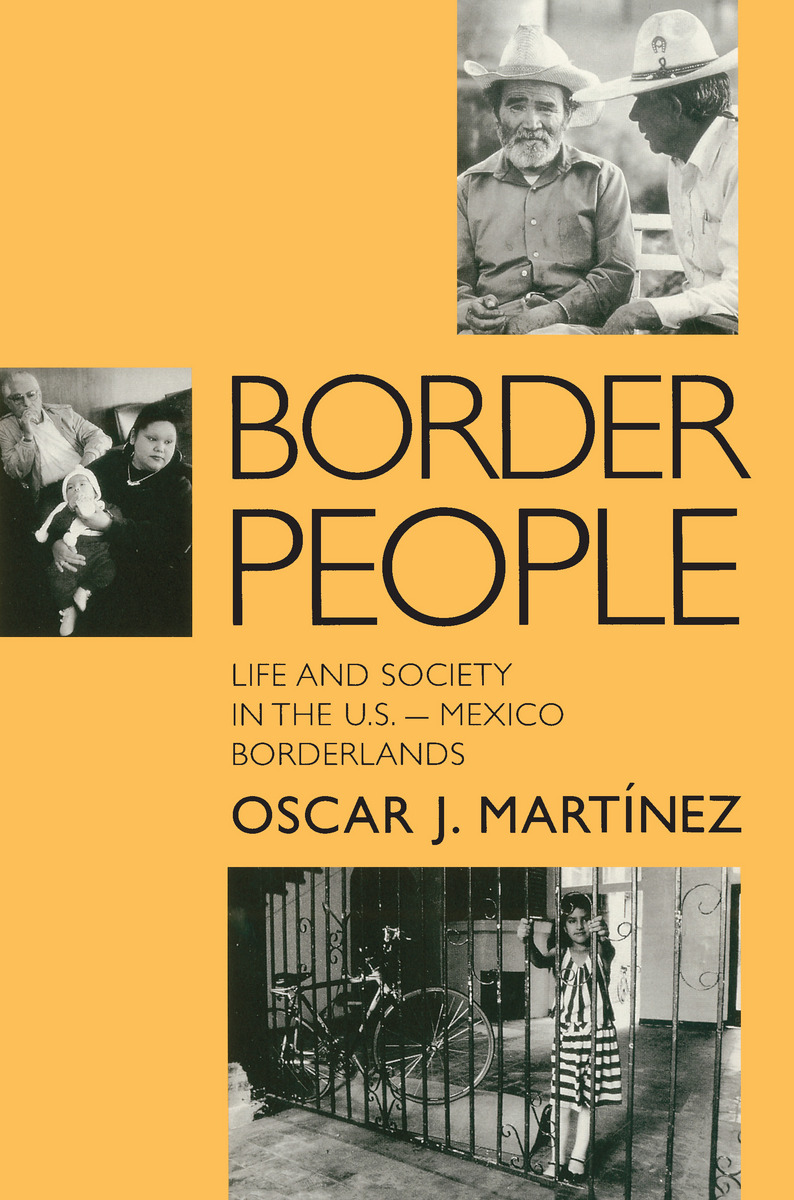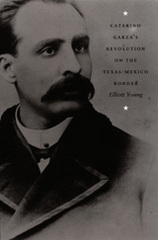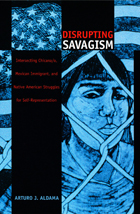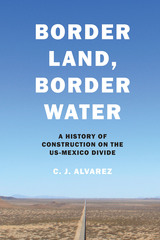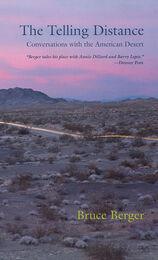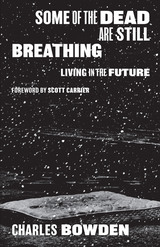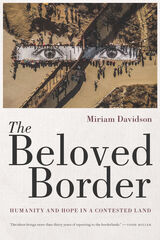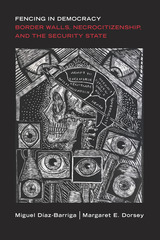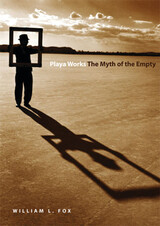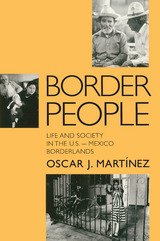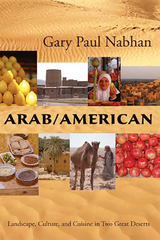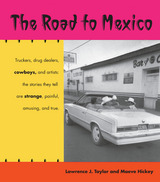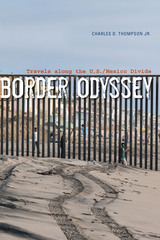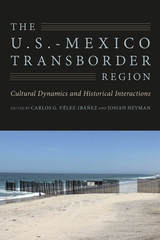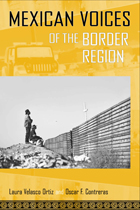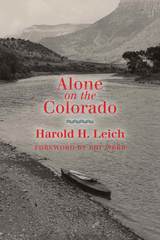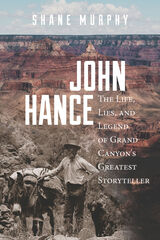Border People: Life and Society in the U.S.-Mexico Borderlands
University of Arizona Press, 1994
eISBN: 978-0-8165-4551-3 | Paper: 978-0-8165-1414-4 | Cloth: 978-0-8165-1396-3
Library of Congress Classification F787.M36 1994
Dewey Decimal Classification 972.1
eISBN: 978-0-8165-4551-3 | Paper: 978-0-8165-1414-4 | Cloth: 978-0-8165-1396-3
Library of Congress Classification F787.M36 1994
Dewey Decimal Classification 972.1
ABOUT THIS BOOK | AUTHOR BIOGRAPHY | REVIEWS | TOC
ABOUT THIS BOOK
While the U.S.-Mexico borderlands resemble border regions in other parts of the world, nowhere else do so many millions of people from two dissimilar nations live in such close proximity and interact with each other so intensely. Borderlanders are singular in their history, outlook, and behavior, and their lifestyle deviates from the norms of central Mexico and the interior United States; yet these Mexicans, Mexican-Americans, and Anglo-Americans also differ among themselves, and within each group may be found cross-border consumers, commuters, and people who are inclined or disinclined to embrace both cultures. Based on firsthand interviews with individuals from all walks of life, Border People presents case histories of transnational interaction and transculturation, and addresses the themes of cross-border migration, interdependence, labor, border management, ethnic confrontation, cultural fusion, and social activism. Here migrants and workers, functionaries and activists, and "mixers" who have crossed cultural boundaries recall events in their lives related to life on the border. Their stories show how their lives have been shaped by the borderlands milieu and how they have responded to the situations they have faced. Border People shows that these borderlanders live in a unique human environment shaped by physical distance from central areas and constant exposure to transnational processes. The oral histories contained here reveal, to a degree that no scholarly analysis can, that borderlanders are indeed people, each with his or her own individual perspective, hopes, and dreams.
See other books on: Martínez, Oscar J. | Mexican-American Border Region | Population | Society | U . S - Mexico Borderlands
See other titles from University of Arizona Press
